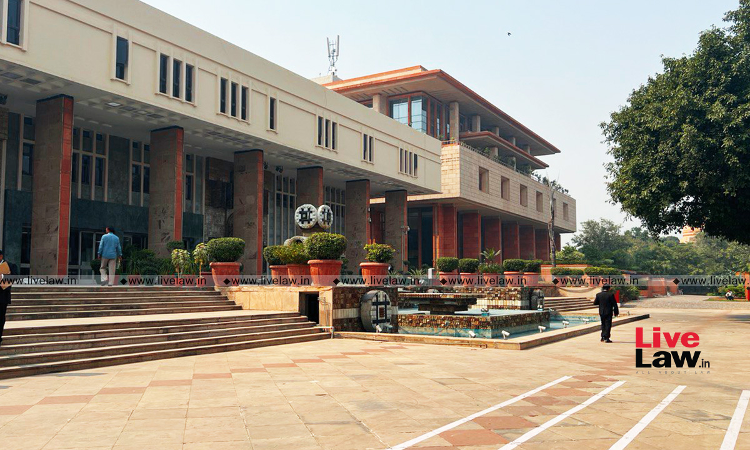VAT Applicable On Sale Of Repossessed Vehicles: Delhi High Court
Mariya Paliwala
13 Dec 2023 8:00 PM IST

Next Story
13 Dec 2023 8:00 PM IST
The Delhi High Court has held that the sale of repossessed vehicles is subject to the charge of value-added tax (VAT).The bench of Justice Vibhu Bakhru and Justice Amit Mahajan has observed that notices have been issued to the petitioner demanding VAT on the sale of repossessed vehicles and not on the transaction of financing the vehicles at the initial purchase.The petitioner/assessee,...
